Australia rebuffs calls for journalism protections
The govt is under pressure to safeguard freedom of the press after police raids targeted a reporter's home
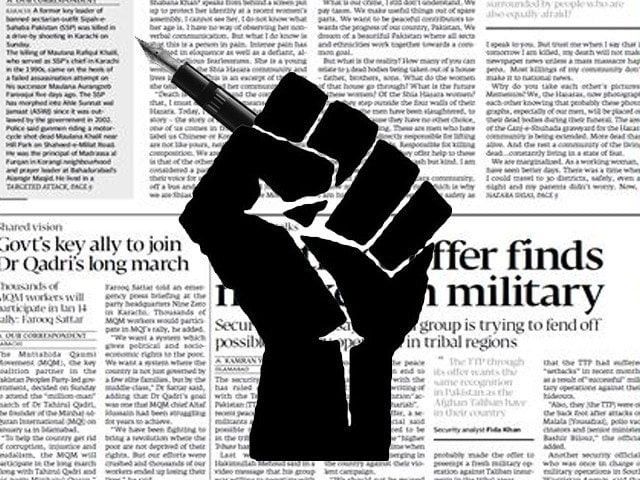
PHOTO: FILE
The government has come under pressure to safeguard freedom of the press after controversial police raids targeted a reporter's home and the headquarters of the public broadcaster.
But during a parliamentary inquiry, this week senior police, government and intelligence officials showed no sign of giving up wide-ranging powers to prosecute leaks.
One powerful senior bureaucrat, Home Affairs department head Michael Pezzullo, insisted that public servants who provide classified information to journalists "should go to jail".
Indian troops detain Kashmiri journalist in IoK
Australian Federal Police commissioner Andrew Colvin refused to rule out prosecuting the News Corp journalist whose home was raided after she reported an alleged plan by the country's main intelligence agency to spy on its citizens.
"It remains the case that the investigation is ongoing, so I'm not drawing anyone in or out of who may have been determined, or who we may determine has committed a crime," he said.
Heather Cook, deputy director-general of Australian intelligence agency ASIO, also argued that foreign spies were targeting journalists and could exploit any changes made to existing security laws.
"Broad exemptions for the media and journalists would invite exploitation and may increase the threat faced by journalists," she claimed.
Australia's is a rare western democracy that does not have a bill of rights or a constitutionally enshrined protection for freedom of speech.
Three of the country's biggest news organisations joined forces in the wake of the raids to demand national security law reforms to protect both journalists and whistleblowers.
Michael Miller, chairman of News Corp Australasia, which publishes many of Australia's major newspapers, said the country's current security laws "criminalise journalism".
No odds big enough for K-P's women journalists
"We may not be living in a police state, but we are living in a state of secrecy," he said.
ABC news director Gaven Morris told the inquiry the raid on the broadcaster's Sydney offices - over its reporting of war crimes by Australian special forces in Afghanistan - had already led some sources to withdraw their cooperation for fear of potential repercussions.
"And sometimes I think that might be what the authorities here want: fewer whistleblowers and fewer revelations, and less information coming out from behind a curtain of confidentiality within government and within the bureaucracy," he said.
"I don't think this is healthy for our democracy."
But Australia's hardline conservative Home Affairs Minister Peter Dutton has remained staunchly opposed to any new laws that would rein in the powers of the federal law enforcement and security agencies he oversees.
Indian journalist receives death threats for saving Kashmiri students
Rebecca Ananian-Welsh, a law lecturer at the University of Queensland, said the "complexity and massive scope" of national security laws posed a particular challenge for journalists.
More recent provisions allowing security agencies to access reporters' metadata for the purpose of scrutinising their communication with sources has given the state even greater powers.
She said security agencies were bristling at proposed changes to laws they helped draft because they "don't want to see their powers whittled down for the sake of press freedom".
"Press freedom might seem like quite a distant concept when you're trying to protect the existence of the nation," she said.
But the government's emphasis on enacting counter-terrorism legislation had seen "the balance tilted too far in favour of national security" at the expense of press freedom, transparency and accountability, Ananian-Welsh said.
The press freedom inquiry is due to report its findings to parliament by mid-October.

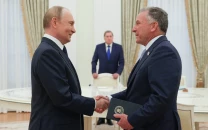
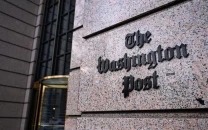
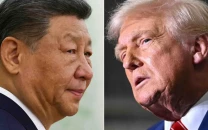
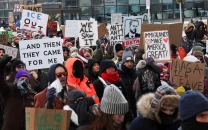
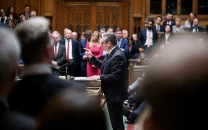
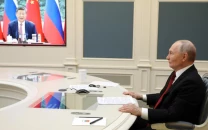












COMMENTS
Comments are moderated and generally will be posted if they are on-topic and not abusive.
For more information, please see our Comments FAQ